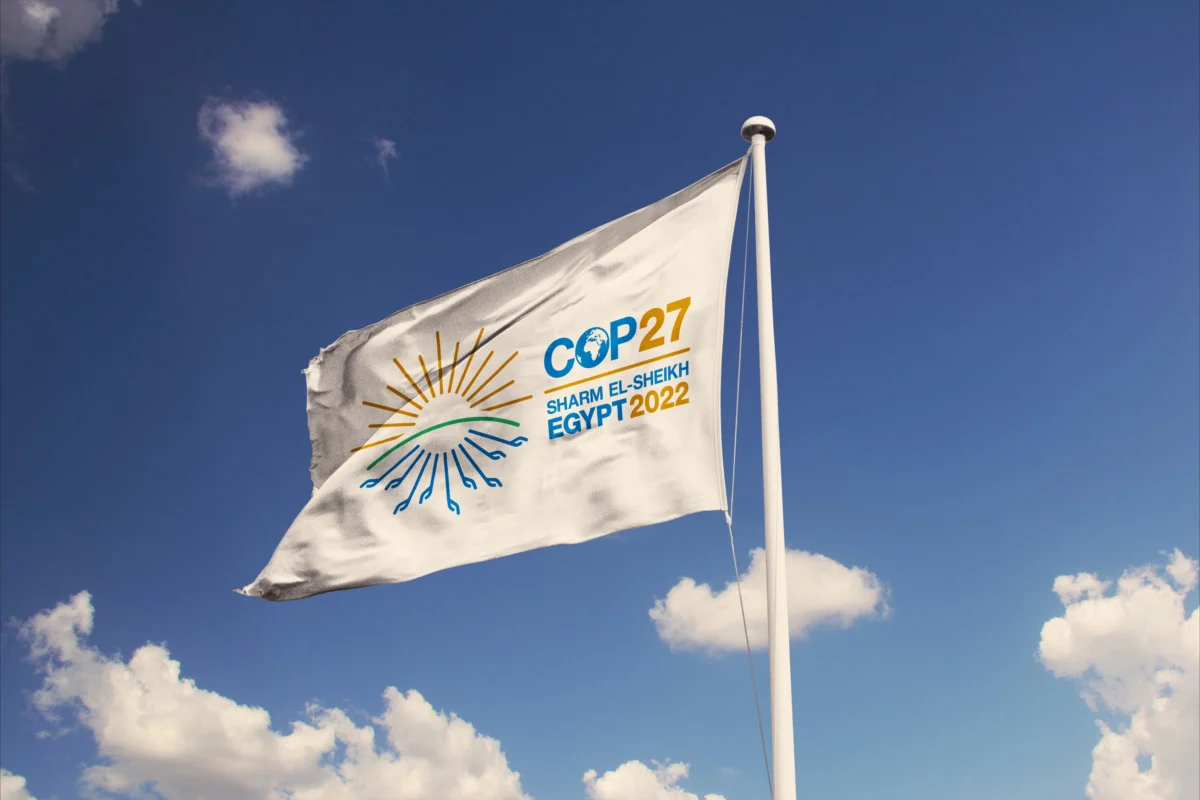A draft cover text dropped around 06:30 local time. It’s ballooned from two pages to 20, an unusual choice (and it is a choice) by the Presidency with 48 hours left. To stress, this is not the draft decision. It is still a list of options and has to be edited down. If these talks are already a mixture of whack-a-mole meets Rubik’s cube, then they’ve just added a new layer of complexity, making it far harder for countries to agree on anything at this stage.
Here’s the quick take. The 1.5C target and references to science are in, as is the Glasgow reference to coal phase down, though no mention of gas and oil or India’s fossil fuel phase down language. There is, however, a word spaghetti reference to “phase-out and rationalise inefficient fossil fuel subsidies”. Wealthy countries are encouraged (not compelled) to increase support and align funding with 1.5C, while there is reference to doubling of adaptation finance to $40bn a year by 2025. The agenda item on loss and damage fund is welcomed, but it doesn’t scope out a deal.
The Egyptian Presidency says COP27 will still finish on Friday (they didn’t say which Friday). Forty-eight hours remain but the bookies are (nearly) always right, and they think a finish late Saturday into mid Sunday is on the cards (maybe the Presidency knows something the bookies don’t – it has a press briefing booked at 19:00 on Saturday). Either way, a potentially brutal end in a venue where water, food and toilets are viewed as a luxury.
“No time to waste” was the mantra of the hosts throughout the 13:30 Wednesday presser. This might have cut through had the last nine days not been wasted. What’s now clear is the Presidency is playing climate poker with nearly 200 countries, keeping their cards tight and revealing little about their strategy or landing zone. That’s frustrating envoys and exhausting smaller delegations.
The UN boss is hot-footing it back from Bali to crack heads together and is due to land late on Thursday. He’s pushing for a “Climate Solidarity Pact“, with rich nations and development banks coughing up the financial and technical assistance to help emerging economies accelerate their clean energy transition.
Financial reform
Bali’s communique drew a useful red line for COP27, with the world’s top economies closing down the somewhat manufactured debate on the future of the 1.5C target, and ensured some of its petro-inclined members put their dollies back in the Glasgow Pact pram. “There cannot be any rollback on this in Sharm,” tweeted German envoy Jennifer Morgan.
Five key takeaways: The week that (nearly) was…
|
Meanwhile the Bridgetown Agenda, introduced by Barbadian PM Mia Mottley at the UN General Assembly earlier this year, continues to gain traction. Reform of the multilateral finance system made a strong showing at the G20 and is showing up in multiple tracks at COP27. However, China doesn’t like it, effectively saying ‘we’ll decide the terms of repayment of our debtors for ourselves, thanks, in our own currency’. As China now lends over a third of credit to low income countries, that’s a big deal.
Delhi’s drive to focus on all fossil fuels rather than just coal is still gathering momentum – the EU, UK, small islands, Colombia and now the US have signalled support. Coal is not the only part of the puzzle, but it’s an important one and ministers are looking to get the balance right. “It may be a tactical game but it’s a good game… we should support it,” France’s former chief climate diplomat Laurence Tubiana said on Wednesday.
There’s also been some movement on loss and damage, albeit Australia and the US appear steadfastly opposed to a new fund. The EU is on board, if China also pays up. The 38-strong Alliance of Small Island States issued a blistering statement midway through Wednesday accusing “some” developed countries (bar the UK and NZ, who were handed gold stars) of “furiously trying to stall progress” on a loss & damage fund and undermine the summit.





